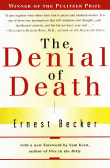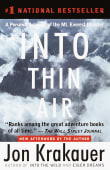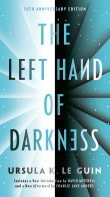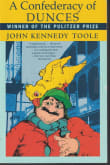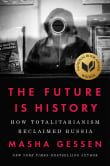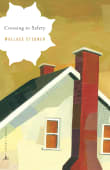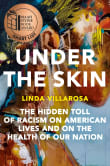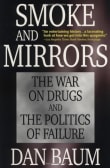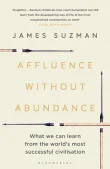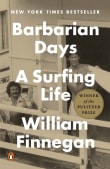How to Change Your Mind
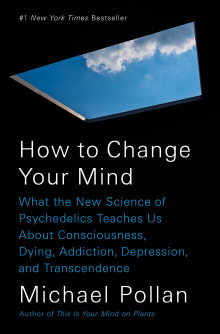
Book description
Now on Netflix as a 4-part documentary series!
"Pollan keeps you turning the pages . . . cleareyed and assured." -New York Times
A #1 New York Times Bestseller, New York Times Book Review 10 Best Books of 2018, and New York Times Notable Book
A brilliant and brave investigation…
Why read it?
6 authors picked How to Change Your Mind as one of their favorite books. Why do they recommend it?

Michael Pollan’s scientific and personal investigations into the powers of psychedelics reveal how malleable our brains and minds are and illustrate the potential for people to change from a closed-minded way of viewing the world to one that is considerably more open-minded.
Pollan’s review of the scientific research on psychedelics shows, for instance, that the psychedelic compounds can lead to changes in the openness to experience dimension of Big Five personality traits. This and other similar findings, as well as Pollan’s narrative about his own personal experiences, are useful for suggesting another potential mechanism for changing minds.
From Matthew's list on open your mind reduce political polarization.

I am really fond of this book because it takes a bold step in putting altered states of consciousness and hallucinogenic substances in the right place, which is central stage. Pollen is very bold in trying some of these substances and reporting their effects on his mind and conciseness.
It is also one of the only books that describes how the mind is working under altered states of consciousness, which I find fascinating. And this is a rather new book that is really updated and speaks our current language, which is great. I like personal accounts and experiences, and this…
From Ran's list on altered states of consciousness and shamanism.

To understand our motivations, I believe we first need to understand our minds. For decades, I have studied books from authors like Richard Dawkins, E.O. Wilson, Steven Pinker, and other science writers to help me better understand our evolutionary past. From there, I expanded into books about cutting-edge neuroscience that are accessible to laymen (such as myself).
Finally, I discovered this book, written by one of the best immersive investigative journalists alive today. It delves into our species’ long history of ingesting psychedelic drugs to engender transformative experiences and how today, using tools of neuroscience and medicine, these substances (administered…
From Robert's list on peak and transformative human experience.

We read Michael Pollan’s essay in the New Yorker and jumped to this book shortly after. We loved it, not because of the novelty of “drug” talk, but because of the charm, naivety, and lack of agenda with which he handles the subject.
We found ourselves rereading passages so we could really absorb the words because we wanted to go on and tell everyone who would listen to us about it!
From Akwasi and Tahira's list on social justice and the need for transformative change.

Before the 1960s drug scene and Timothy Leary’s “Turn on, tune in, drop out” hippie culture, magic mushrooms, and LSD were being hailed as the cure for everything from alcoholism and depression to the fear of death among the terminally ill.
Tests were run at prestigious universities, intellectuals like Aldous Huxley were knocking back psychedelics and LSD was touted on the cover of Time magazine. Then drugs became the centerpiece of the counter-culture in the midst of the Vietnam War, scaring the establishment into declaring a war on drugs.
What was being vaunted as a revolution in consciousness and spiritualism…
From James' list on showing that you only think you know who you are.

Many people will talk about Michael Pollan’s ideas, but not actually read his books. This goes for people who have read interviews with him or articles by him, and a whole cadre of young men in business who listen to podcasts at twice the recorded speed. They will tell you they don’t have time to read his big books, and they got the ideas from these interviews, but they are wrong. Michael Pollan is many things. An amazing thinker. A prescient analyst of unfolding future trends (invest in whatever he’s writing about). A keen observer of science, and a talented…
From David's list on picks for book club.
Want books like How to Change Your Mind?
Our community of 12,000+ authors has personally recommended 100 books like How to Change Your Mind.

